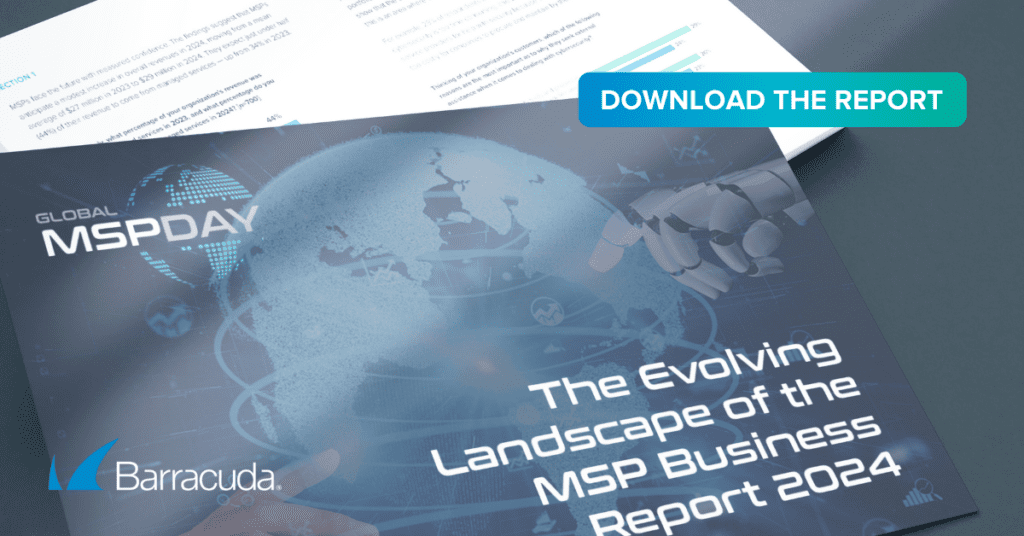 Small businesses, a main target audience of managed service providers (MSPs), appear to be regaining confidence in the post-pandemic economy. A Small Business Index created by MetLife and the U.S. Department of Commerce finds nearly half (46 percent) say they expect to increase investments in the next year.
Small businesses, a main target audience of managed service providers (MSPs), appear to be regaining confidence in the post-pandemic economy. A Small Business Index created by MetLife and the U.S. Department of Commerce finds nearly half (46 percent) say they expect to increase investments in the next year.
The index tracks approximately 750 small business owners and decision-makers. Nearly three-quarters (73 percent) are expecting increased revenues in the coming year, the highest level of confidence since the index was first launched in 2017.
However, more than half of the survey respondents (55 percent) noted that inflation remains a top challenge.
In terms of technology investments, the survey finds small businesses also appear to be especially optimistic about the impact artificial intelligence (AI) will have.
AI’s impact
Most respondents said hiring workers with AI skills could save them time (71 percent) or money (67 percent) in the long run and view AI as a skill that will reshape the workforce. Two-thirds said they expect AI to change the roles they have on staff in the future (65 percent) or expect AI proficiency to be in future job postings (64 percent). Three-quarters (74 percent) agreed that having employees who use AI tools could give them an edge against competitors.
A total of 40 percent said their organization has tried different AI tools to suit their needs. Nearly half (49 percent) say they plan to try AI tools in the next year.
MSP offerings evolve
It’s no secret that smaller organizations are relying on data more than ever to compete more effectively against larger rivals. As most MSPs realize, AI adoption is a journey. Just about everyone has used a service such as ChatGPT to, for example, craft a better email.
However, to get the most out of AI, organizations need to be able to customize large language models (LLMs) using their own data. That requires mastering data engineering techniques such as retrieval augmented generation (RAG) to allow an LLM to access data beyond what was initially used to train it.
Additionally, organizations will also soon be taking advantage of small-to-medium sized LLMs that have domain-specific data training. Few organizations have the data science expertise needed to train these models. This creates yet another opportunity for MSPs to provide an AI service. In fact, it will become increasingly easier to provide that capability as more language models are embedded directly into a database. In effect, the need to move data into a separate repository is about to be eliminated.
Seizing the AI opportunity
Global systems integrators are already profiting from AI. This is mainly because even the largest organizations lack the expertise needed to successfully operationalize AI. The demand for AI expertise clearly far exceeds the available supply. MSPs that invest in developing that expertise will be highly in demand for many years to come. The issue, as always, is their willingness to invest in acquiring the AI skills and expertise that customers for fear of missing out (FOMO) or simply being left behind have already signaled a need for that already borders on the desperate.
Photo: Pickadook / Shutterstock

